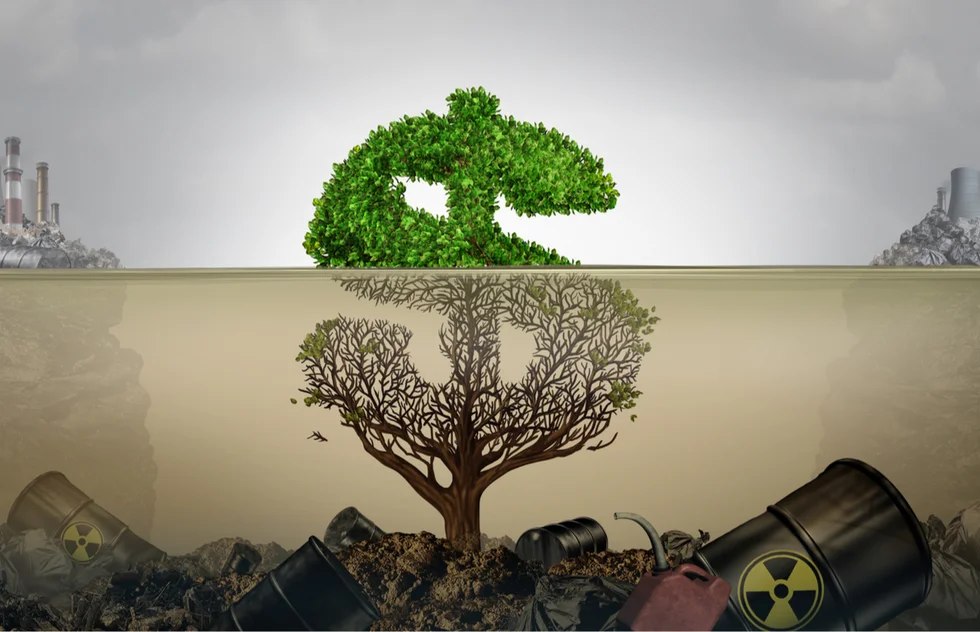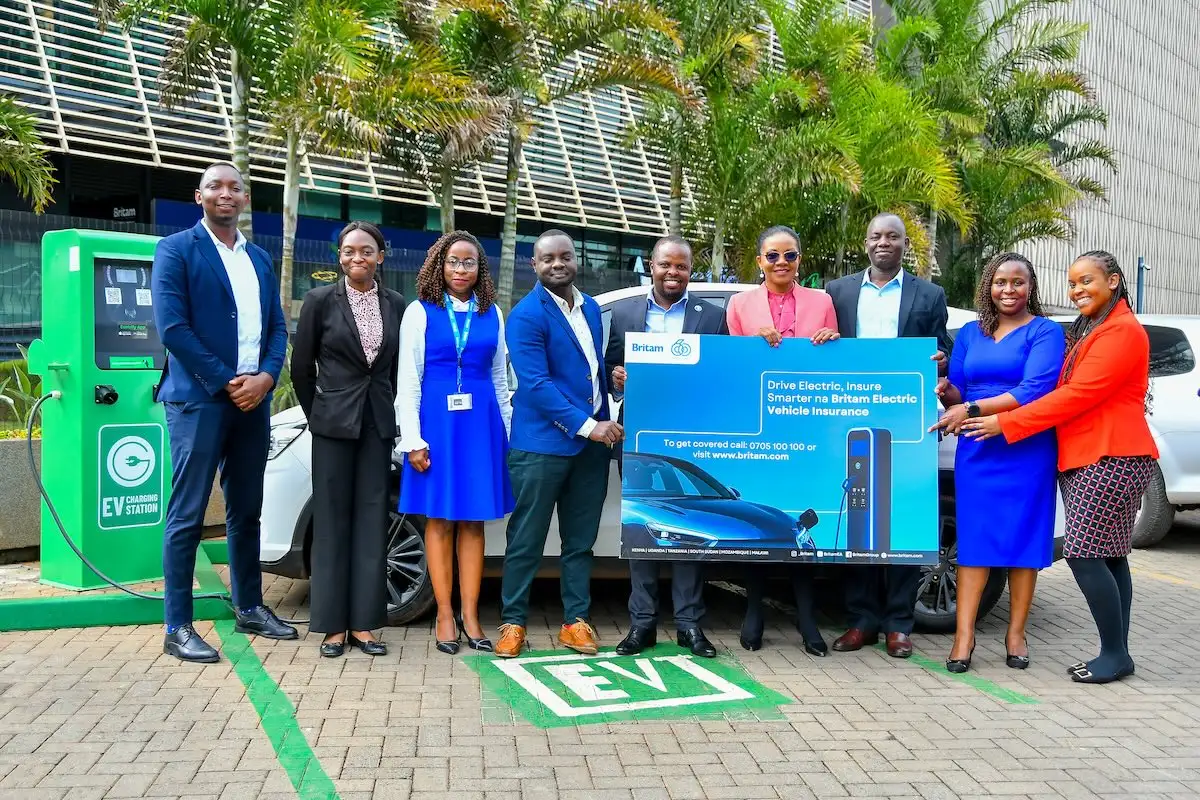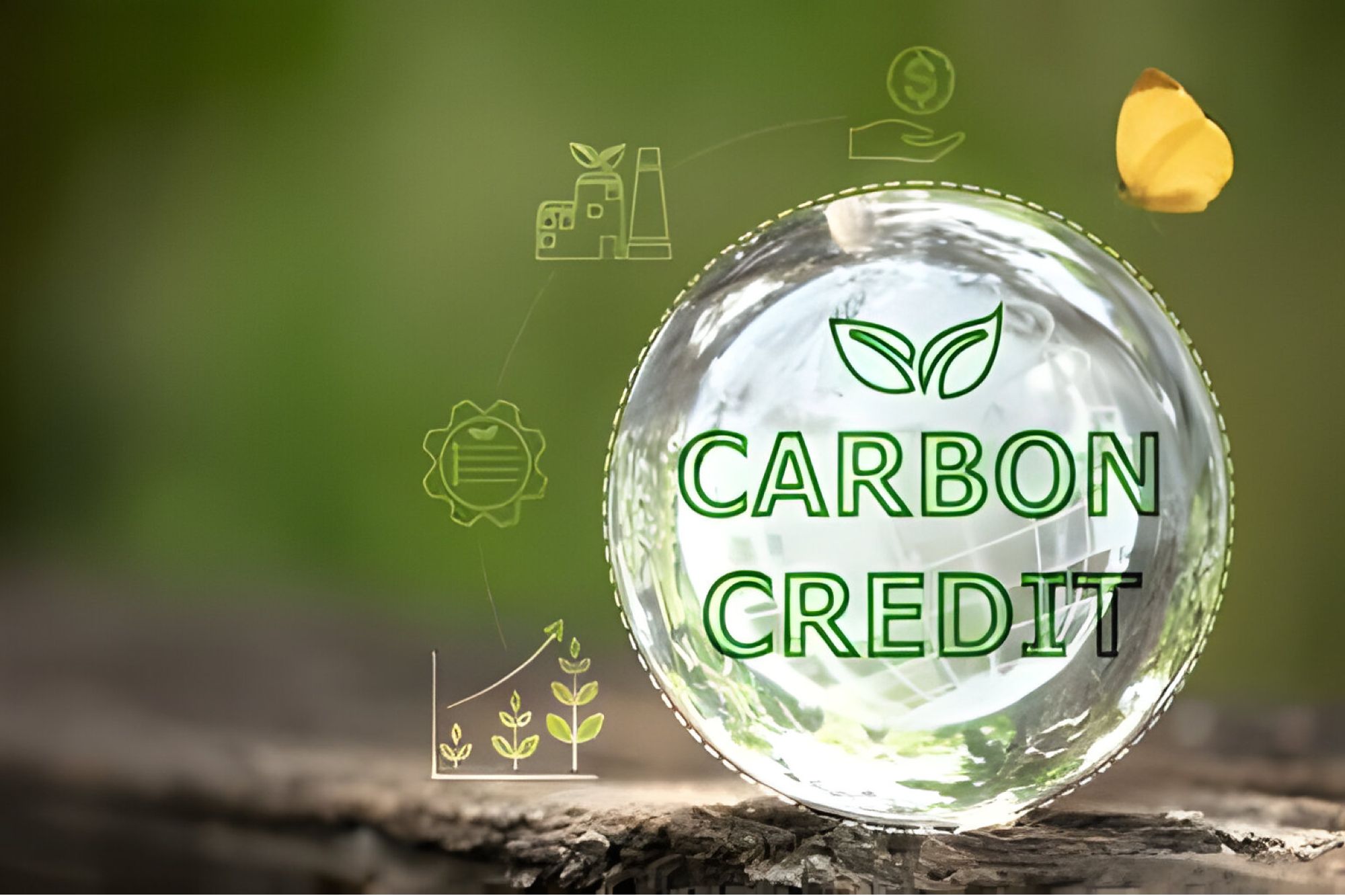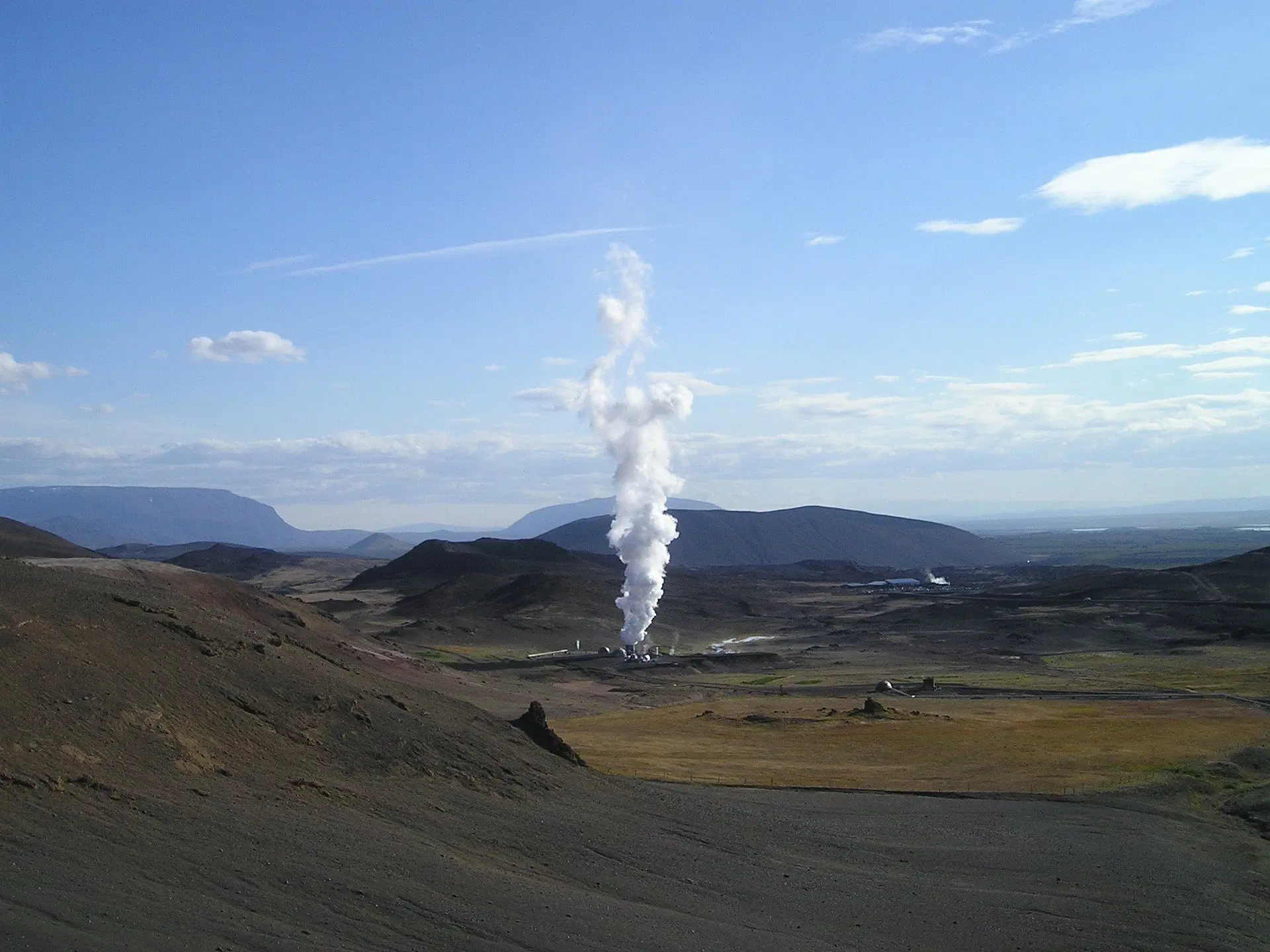Africa’s startup ecosystem hit a record high in July 2025, raising $555 million, with clean energy startups like d.light and Sun King leading through massive debt financing deals.
However, the surge in “green” investments raises a critical question: are these funds driving genuine sustainability, or are they veiled by greenwashing?
This analysis connects the funding boom to the broader issue of greenwashing in Africa, exploring how deceptive environmental claims could undermine the continent’s clean energy progress.
The July 2025 Funding Surge: A Clean Energy Triumph?
July 2025 marked Africa’s biggest funding month, with $555 million raised across 61 deals, 83% ($460 million) from debt financing, largely in clean energy. Key deals included:
- d.light (Kenya): Secured $300 million in receivables financing to expand pay-as-you-go (PAYG) solar systems, enabling affordable energy access for off-grid households.
- Sun King (Kenya): Closed a $156 million securitisation deal, the largest PAYG solar financing in Sub-Saharan Africa outside South Africa, set to provide solar systems and smartphones to 1.4 million low-income households.
- Other Deals: Candi Solar ($24M, Southern Africa), Zero Carbon Charge ($5.6M, South Africa), ARC Ride ($5M, Kenya), and Solarise Africa ($3.4M, South Africa) fuelled green transport and commercial solar projects.
These investments align with Africa’s urgent need for energy access, with over 600 million people lacking electricity.
The International Energy Agency (IEA) estimates $200 billion annually is needed by 2030 to achieve universal access, with solar and mini-grids at the forefront.
Greenwashing: A Shadow Over Clean Energy Gains
While these deals signal progress, the risk of greenwashing including exaggerated or false environmental claims looms large.
Greenwashing undermines trust, diverts funds, and worsens inequities, particularly in Africa, which contributes just 4% of global emissions but faces severe climate impacts. Here’s how greenwashing intersects with the funding boom:
-
Misleading Claims in Energy Projects
The massive funding for d.light and Sun King showcases scalable PAYG models, but not all clean energy projects are as transparent. Some companies may overstate their environmental impact to attract investors, a tactic seen in fossil fuel giants like TotalEnergies which faced a 2024 South African ruling for misleading “green” ads while promoting oil. -
Foreign Investment and “Green Colonialism”
The funding surge highlights foreign capital’s role, with investors like Norfund and Citi backing major deals. However, foreign-led projects, like EU-backed solar exports from North Africa, have been criticised as “green colonialism” for prioritising external decarbonisation over local needs. -
Regulatory Gaps Amplify Risks
Africa’s weak ESG enforcement creates fertile ground for greenwashing. Only a few nations, like South Africa, have robust anti-greenwashing laws, while continent-wide standards fall behind. Without stringent oversight, clean energy startups could face pressure to inflate sustainability metrics to secure funding, especially as global investors chase Africa’s $3 trillion green funding market by 2030. -
Emerging Threats: AI and Deepfake Greenwashing
The World Economic Forum warns of AI-generated deepfakes fabricating sustainability reports, a growing concern as clean energy startups leverage AI for data-driven solutions (e.g., Cerebrium, Rwazi). This could mislead investors about project impacts, diverting funds from genuine initiatives.
READ ALSO:
Did Clean Energy Just Power Africa’s Biggest Funding Month of 2025?
Impacts of Greenwashing on Clean Energy Funding
Greenwashing threatens the credibility of July 2025’s funding surge:
- Eroded Trust: Inflated claims could deter investors, sceptical of unverifiable impacts, slowing the flow of the $200 billion needed annually for energy access.
- Diverted Funds: Globally, greenwashing diverts $50 billion annually from community-led projects. In Africa, this risks sidelining startups like d.light that deliver measurable impact.
- Social Inequities: Projects prioritising foreign returns over local needs, like carbon credit schemes, displace communities and undermine Agenda 2063 ’s inclusive growth vision.
Paths Forward: Ensuring Authentic Clean Energy Progress
To harness July 2025’s funding momentum while combating greenwashing, Africa can adopt:
- Robust Regulations: Expand South Africa’s and Rwanda’s green taxonomy models to enforce verifiable ESG claims across the continent.
- Transparency Tools: Promote apps like “Green Claim Checker” to verify sustainability claims against ISO 14021 standards.
- Local Empowerment: Prioritise community-led projects, like d.light’s PAYG model, ensuring funds directly address local energy poverty.
- Investor Due Diligence: Require third-party audits for clean energy deals, especially those involving foreign capital, to validate environmental and social impacts.
July 2025’s $555 million funding surge, led by clean energy giants d.light and Sun King, marks a pivotal moment for Africa’s startup ecosystem.
Yet, the shadow of greenwashing threatens to undermine this progress. By addressing regulatory gaps, embracing transparency, and prioritising local impact, Africa can ensure that clean energy investments deliver on their promise of sustainability.
The continent’s path to universal energy access and climate resilience depends on distinguishing genuine innovation from greenwashed deception.
Ronnie Paul is a seasoned writer and analyst with a prolific portfolio of over 1,000 published articles, specialising in fintech, cryptocurrency, climate change, and digital finance at Africa Digest News.






